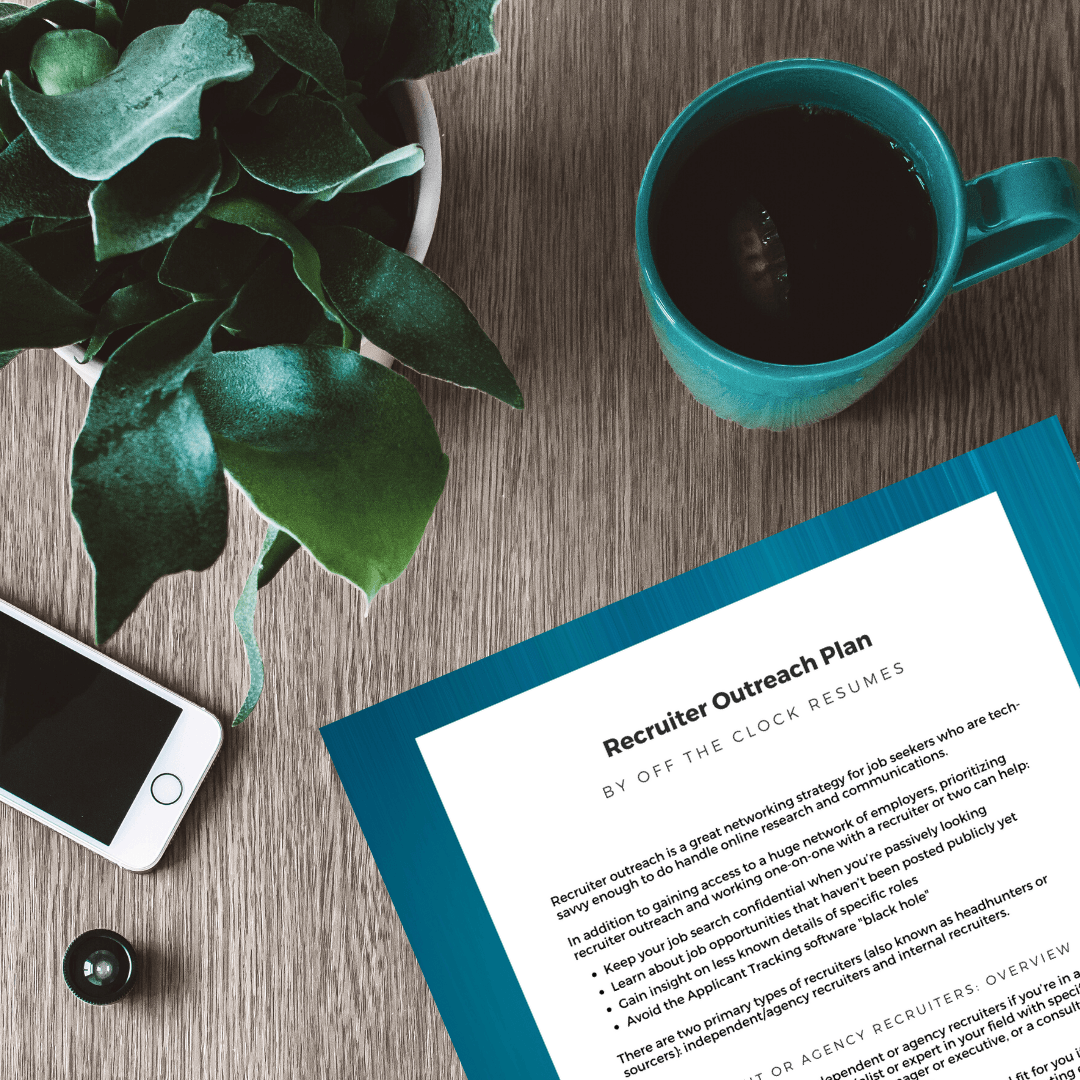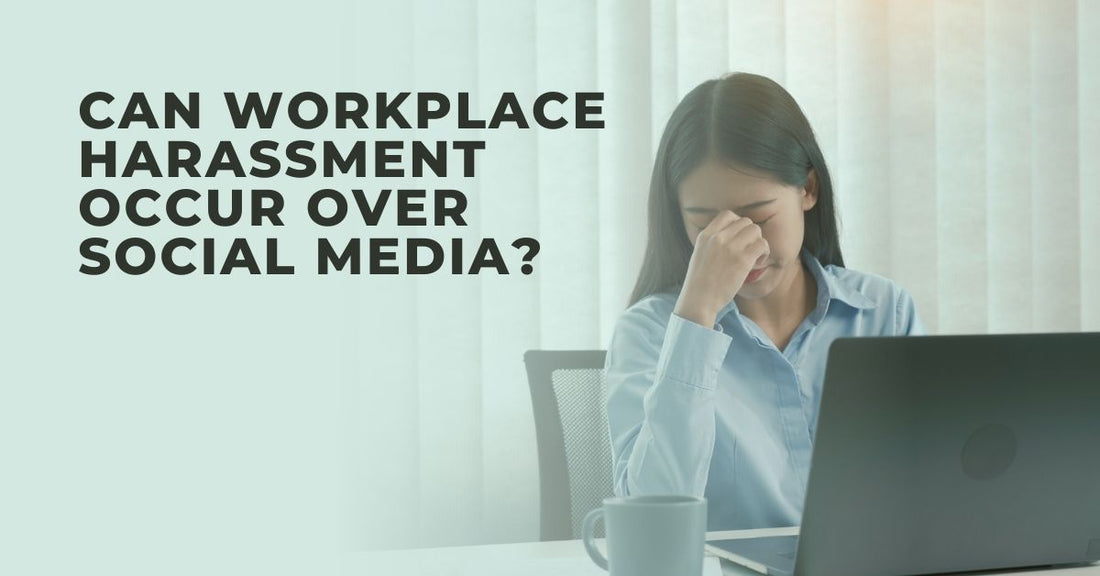
Can Workplace Harassment Occur Over Social Media?
In today's digital age, social media plays a significant role in our personal and professional lives. While these platforms can foster communication and collaboration, they can present challenges when amongst employees in the workplace.
Understanding the intersection of social media and harassment is essential for both employees and employers to maintain a healthy work environment. If you do find yourself being harassed online, here are ways to set clear boundaries and seek legal assistance from an employment law attorney in Los Angeles to understand your rights.

This blog contains affiliate links, meaning I may receive a small commission (at no cost to you) if you subscribe or buy something through the links I share. I only share links to products or services that I use myself or absolutely love!
The Rise of Social Media in the Workplace
Social media platforms like Facebook, Instagram, X, and LinkedIn, and are increasingly used for networking, sharing information, and even team collaboration. However, the informal nature of these platforms can lead to blurred boundaries between personal and professional interactions. This lack of distinction often creates a breeding ground for harassment, as employees may feel emboldened to express inappropriate comments or engage in cyberbullying.
Types of Social Media Harassment
Workplace harassment over social media occurs when an employee is subjected to unwanted or offensive behavior through online platforms, such as social media, email, or instant messaging. This can include a range of actions, including:- Verbal abuse: Posting derogatory or offensive comments about an employee's appearance, race, religion, gender, or other protected characteristics.
- Threats: Making threats of violence or harm against an employee or their family.
- Stalking: Monitoring or tracking an employee's online activity without their consent.
- Sharing private information: Posting or sharing private or confidential information about an employee without their permission.
- Creating embarrassing or humiliating content: Posting or sharing embarrassing or humiliating content about an employee, such as photos or videos.
- Inappropriate messaging: Direct messages or comments on posts that are unwelcome and violate workplace policies can create a hostile environment. This includes sexual advances, derogatory remarks, or any form of intimidation.
How Social Media Harassment Can Affect Employees
Workplace harassment over social media can have a significant impact on both individuals and organizations. For individuals, it can lead to:- Emotional distress: Harassment can cause feelings of anxiety, depression, and humiliation.
- Loss of productivity: Victims of harassment may struggle to concentrate on their work and may experience decreased job performance.
- Damage to reputation: Harassment can damage an employee's reputation within and outside the workplace.
- Physical health problems: Harassment can contribute to physical health problems, such as headaches, insomnia, and stress or panic disorders.
What Are the Legal Implications?
Employers have a legal obligation to provide a safe working environment free from harassment, whether it occurs in person or online. Laws like Title VII of the Civil Rights Act and the California Fair Employment and Housing Act (FEHA) prohibit harassment based on race, gender, sexual orientation, and other protected categories.
When harassment occurs via social media, the lines can become murky regarding employer liability. If an employee is harassed by a colleague on a personal social media account, employers may argue they are not responsible. However, if the harassment affects workplace conditions or leads to a hostile work environment, employers could still be held liable.
How Employers Can Prevent It
Create Clear Policies: Employers should develop and communicate clear policies regarding social media use, including guidelines on acceptable behavior and consequences for harassment. Employees must understand that the same standards that apply in the workplace also extend to online interactions.
Provide Training: Regular training sessions can help employees understand what constitutes harassment and how to report it. Training should cover both in-person and online interactions to ensure employees recognize inappropriate behavior in all forms.
Encourage Reporting: Establish a confidential reporting system for employees to voice concerns about harassment without fear of retaliation. Encouraging a culture of openness can empower victims to come forward and seek help.
Monitor Online Behavior: While respecting privacy, employers should be vigilant about monitoring social media activity that could impact the workplace. This includes addressing complaints promptly and taking action when necessary.
What to Do if You’re Being Harassed Online
If you’re experiencing harassment via social media, start by documenting the incidents, including screenshots, timestamps, and details of the interactions. This documentation can be crucial if the situation escalates or if legal action becomes necessary.
Your employer should take all complaints seriously and conduct thorough investigations. Providing support, whether through counseling services or flexible work arrangements, can help you navigate the emotional fallout of harassment.
Understanding the implications of social media harassment is vital for fostering a respectful and safe work environment. By creating clear policies, providing training, and encouraging open communication, employers can help mitigate the risks associated with social media and protect their employees from harassment. In this ever-evolving digital landscape, prioritizing a respectful workplace culture is more important than ever. If the online workplace harassment becomes severe or unrelenting, you may need to seek legal advice to resolve the issue and recover damages for your emotional distress.
Related Articles
-
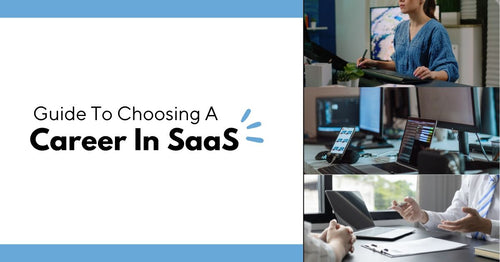
Guide To Choosing A Career In SaaS
Thinking about a career in SaaS? Guest blogger Jacob Wickett shares top roles, key skills, and how to break into this fast-growing industry.
-

Navigating Your Career Path with a Family Nurse Practitioner Degree Program
Guest blogger Sadie Smith reveals how strategic planning in your healthcare career broadens your impact on patient care and community health.
-

Breaking Barriers: A Guide to Empowering Women in Manufacturing Leadership
Guest contributor Sadie Smith shares this comprehensive guide on how women can reshape the manufacturing industry landscape with actionable insights.
-
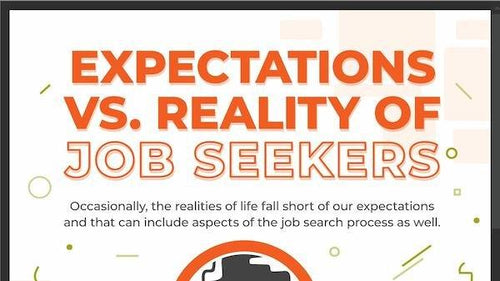
Exploring The Realities Of Job Hunting (Infographic)
Guest contributor Joseph Matalone delves into common expectations in job seeking and the contrasting realities.
-

Can An Employer Fire You For Being Sick?
Many employers can terminate an employee for falling sick frequently. Guest blogger Natalie Padilla shares all you need to know regarding being fired by an employer.
-
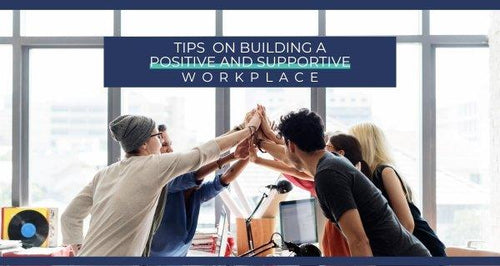
Tips On Building A Positive And Supportive Workplace
Guest blogger Adam Blacksmith shares how to embrace communication, celebrate diversity, and empower your team for success by fostering a positive and supportive workplace culture.
-

AI: Transforming Networking, Interviews, and Careers
Guest Author, Dean Fankhauiser. discusses how AI is revolutionizing networking, interviewing, career planning, and professional advancement.
-

Can My Employer Ask Why I’m Taking A Sick Day?
Guest blogger Samantha Larson shares whether your employer has the right to ask you why you are sick and how much information they are entitled to when you take a sick day at work.
-

The Benefits of Coaching in the Workplace
Guest blogger, William Powell, shares some of the concrete examples of the benefits associated with employee coaching.
-

10 Facts & Stats About Sexual Harassment in the Workplace
Guest blogger Sharon Feldman shares how many people experience harassment every day, including at their place of work, to increase awareness.
-

High Paying Career Paths After Learning Python
Guest blogger Rose Young with Codebasics.io shares some of the promising career paths you can explore after learning Python programming.
-

How Do You Know When It's Time To Quit Your Job?
Guest blogger Katie Meyers shares when quitting your job is the right thing and how to go about it.
